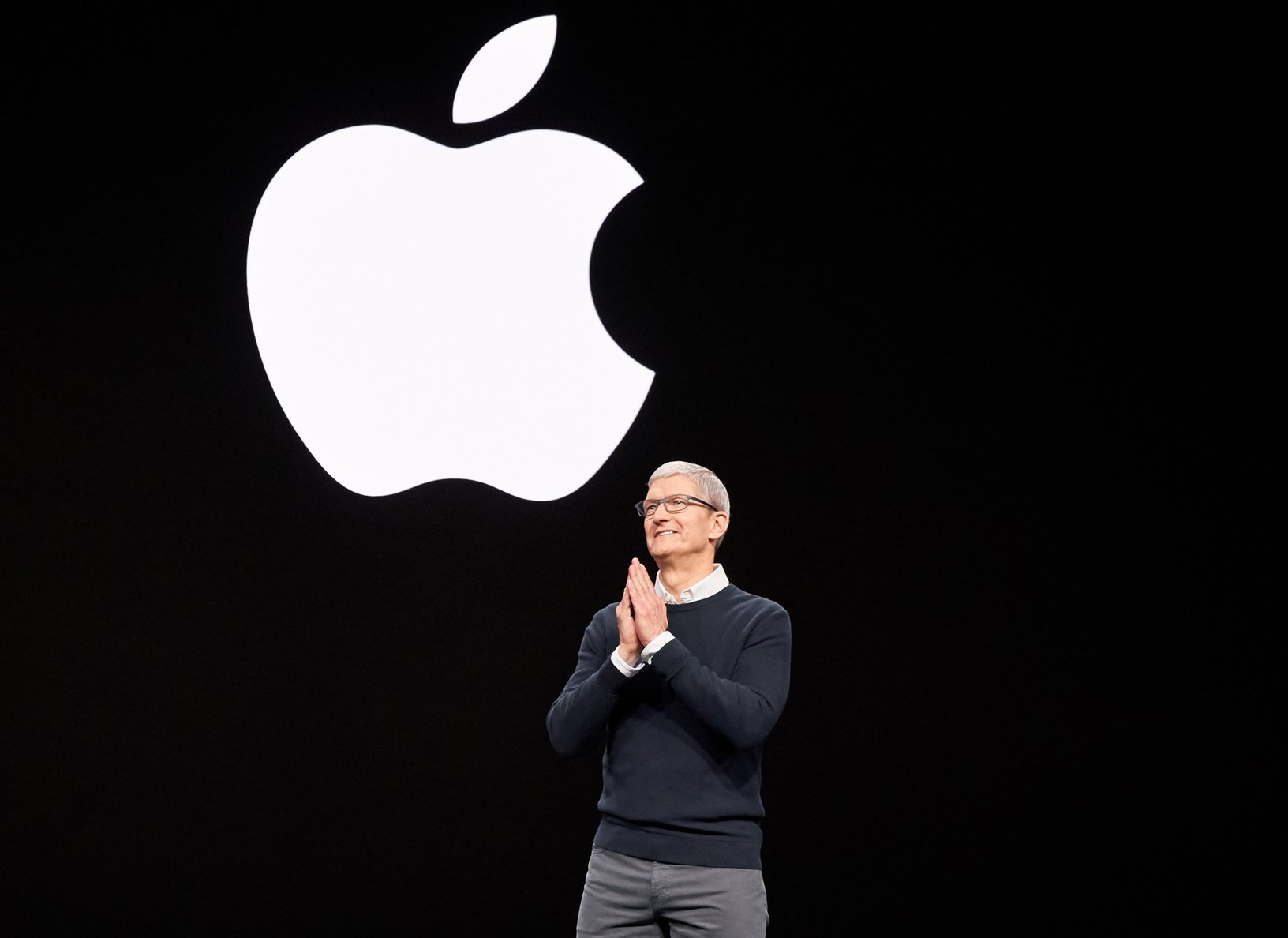Tim Cook faces tough questions in frantic final minutes of testimony - TechnW3
Judge Rogers asked whether gamers on the App Store were subsidizing everybody else.
What you need to know
- Tim Cook gave testimony in the Epic Games vs Apple trial Friday.
- Things seemed to be going pretty well until Cook came under a surprise barrage of tough questions from Judge Rogers.
- Cook was asked about in-app purchases, and why it seemed that gamers were subsidizing the rest of the App Store.
Apple CEO Tim Cook came under fire in a series of intense questions from the judge in the Epic Games vs Apple trial on Friday.
Cook answered questions from the counsel of both parties on the App Store, in-app payments, competition, and more. But it was the harsh line of questioning from Judge Rogers that got the internet all in a frenzy about Apple's prospects in the trial.
As transcribed by The Verge, Judge Rogers asked about the significant portion of App Store revenue that came from games, asking "what is the problem with allowing users to have choice, especially in a gaming context, to have a cheaper option for content?" To this Cook replied that users do have a choice between a multitude of Android devices and the iPhone, but Judge Rogers pressed on:
Rogers: But if they wanted to go and get a cheaper Battle Pass or V-Bucks, and they don't know they've got that option, what is the problem with Apple giving them that option? Or at least the information that they can go and have a different option for making purchases?
Cook: If we allowed people to link out like that, we would in essence give up our total return on our IP.
Rogers: But you could also monetize it a different way, couldn't you? I mean, that is, the gaming industry seems to be generating a disproportionate amount of money relative to the IP that you are giving them and everybody else. In a sense, it's almost as if they're subsidizing everybody else.
Cook: The bulk of the apps on the App Store are free, so you're right that there is some sort of subsidy there. However, the way I look at that, Your Honor, is that by having such a large number of apps that are free on the store, it increases the traffic to the store dramatically, so the benefit somebody gets is a much higher audience to sell to than they would otherwise if there weren't free apps there.
Rogers: So your logic then is that it's more of a customer base, not an IP, then?
Cook: It's both, because we need a return on our IP. We have 150,000 APIs that we create and maintain, and numerous developer tools, and the customer service piece of dealing with all these transactions.
Rogers: But let me ask you, so banking apps. I have multiple banking apps, I haven't paid for them, but I suspect other than the $99, you don't charge Wells Fargo, right? Or Bank of America? But you're charging the gamers to subsidize Wells Fargo.
Cook: In the gamers example, they're transacting on our platform.
Rogers: People are doing lots of things on your platform.
Cook: But this is a digital transaction with an observable change in currency.
Rogers: It's just a choice of a model.
Cook: We've made a choice. There are clearly other ways to monetize, but we chose this one, because we think this one overall is the best way.
Rogers told Cook the model was "quite lucrative" and seemed to be focused on impulse purchases. Whilst many have painted this revelation as a damning indictment from the presiding Judge, Rogers did not this was not really an antitrust matter, and was a totally different question.
She did however say that it seems to her that Apple was profiting off developers who were keeping customers playing their games, to which Cook replied " view that we are creating the entire amount of commerce on the store, and we're doing that by focusing on getting the largest audience there. We do that with a lot of free apps, so [even if] we don't collect a commission from them they bring a lot to the table. And then we have the majority of other people that pay 15 percent, and only the people that are really profiting in a major way are paying 30 percent."
Rogers also asked about the commission rate of the App Store, claiming that its Small Business program was not driven by competition. She also asked about a survey in which 39 percent of developers were reportedly dissatisfied with the App Store stating "But it doesn't seem to me that you feel under pressure or competition to actually change the manner in which you act to address the concerns of the developers — again, if these numbers are right."
Cook said that Apple "[turns] the place upside down for developers". The broadside from Judge Rogers would likely have come as a shock to Apple and indeed onlookers in what has been an otherwise mundane and fairly regular couple of weeks' testimony.
During the course of Friday Cook did make one very big revelation about the App Store and iPhone, stating that even if developers used alternative payment methods to charge for digital goods, Apple would still collect commission on these payments.
from iMore - Learn more. Be more.
via TechnW3


No comments: